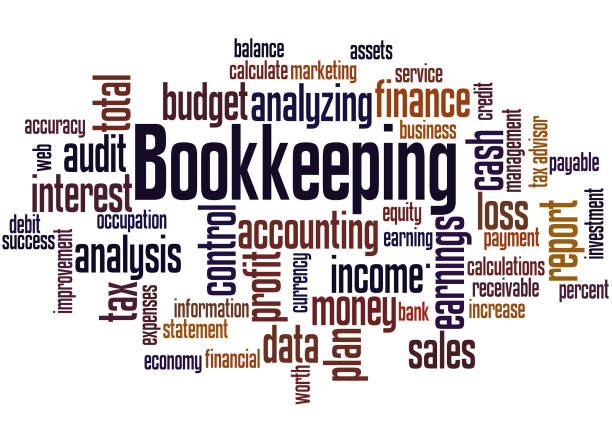Defining Bookkeeping
Bookkeeping is the systematic recording of financial transactions, ensuring accuracy and organization. It tracks income, expenses, and other financial data, providing businesses with a clear financial overview.

The Value of Bookkeeping
Bookkeeping ensures compliance with tax laws, supports budgeting, and enhances transparency. It helps businesses monitor cash flow and prepare for audits. In the UAE, bookkeeping services in Dubai UAE ensure businesses meet regulatory standards like VAT.
Bookkeeping Systems
Businesses can use single-entry or double-entry bookkeeping. Single-entry is simple, while double-entry offers greater accuracy, making it suitable for complex operations.
Cash vs. Accrual Accounting
Cash-based bookkeeping records transactions when money is exchanged, while accrual-based logs them when earned or incurred. The choice depends on business needs.
Bookkeeping for Compliance
Accurate bookkeeping ensures businesses meet regulatory requirements, reducing the risk of penalties. It also supports financial reporting and stakeholder trust.
Professional Bookkeeping Benefits
Professional bookkeepers provide expertise, accuracy, and efficiency. They use software to automate tasks, saving time and ensuring compliance.
Implementing Bookkeeping
Businesses should select a system, categorize transactions, and reconcile accounts regularly. Software or professional services can simplify the process.
The Role of Technology
Cloud-based bookkeeping tools offer real-time insights, automation, and scalability, transforming financial management for businesses.
In conclusion, bookkeeping ensures financial transparency, supporting compliance and informed decision-making for business success.